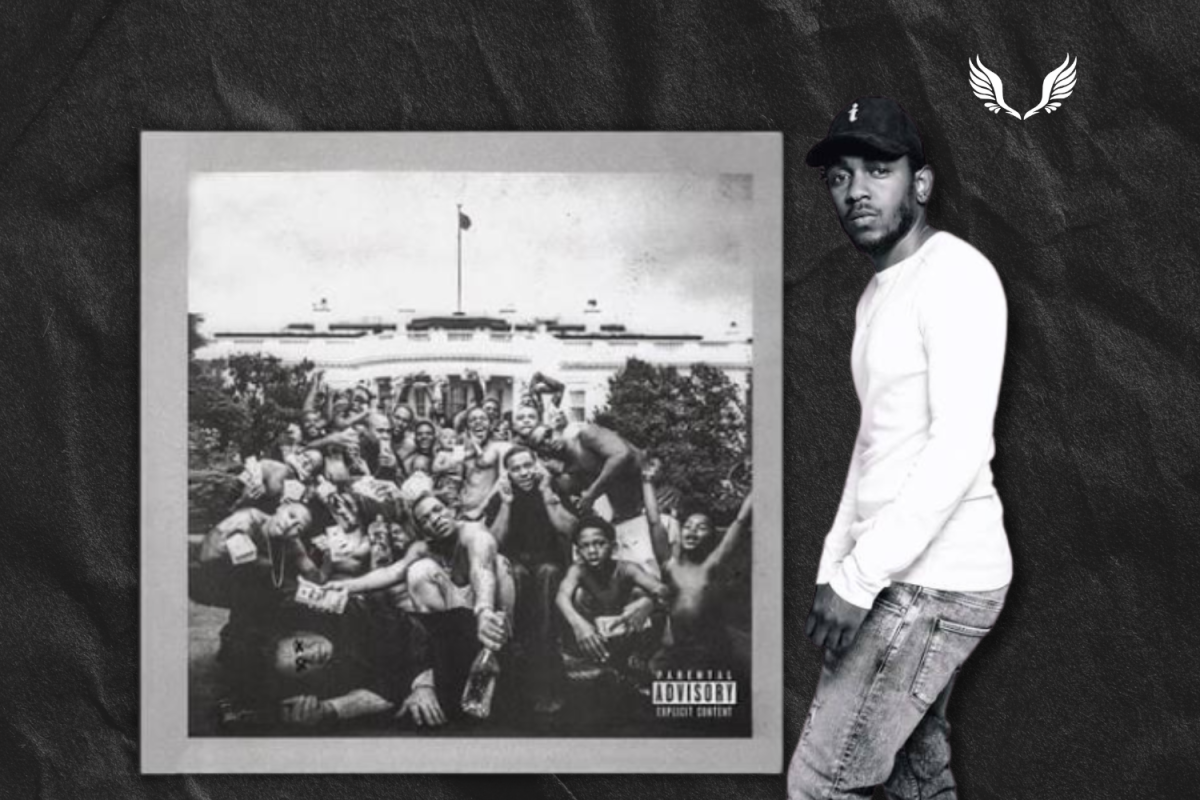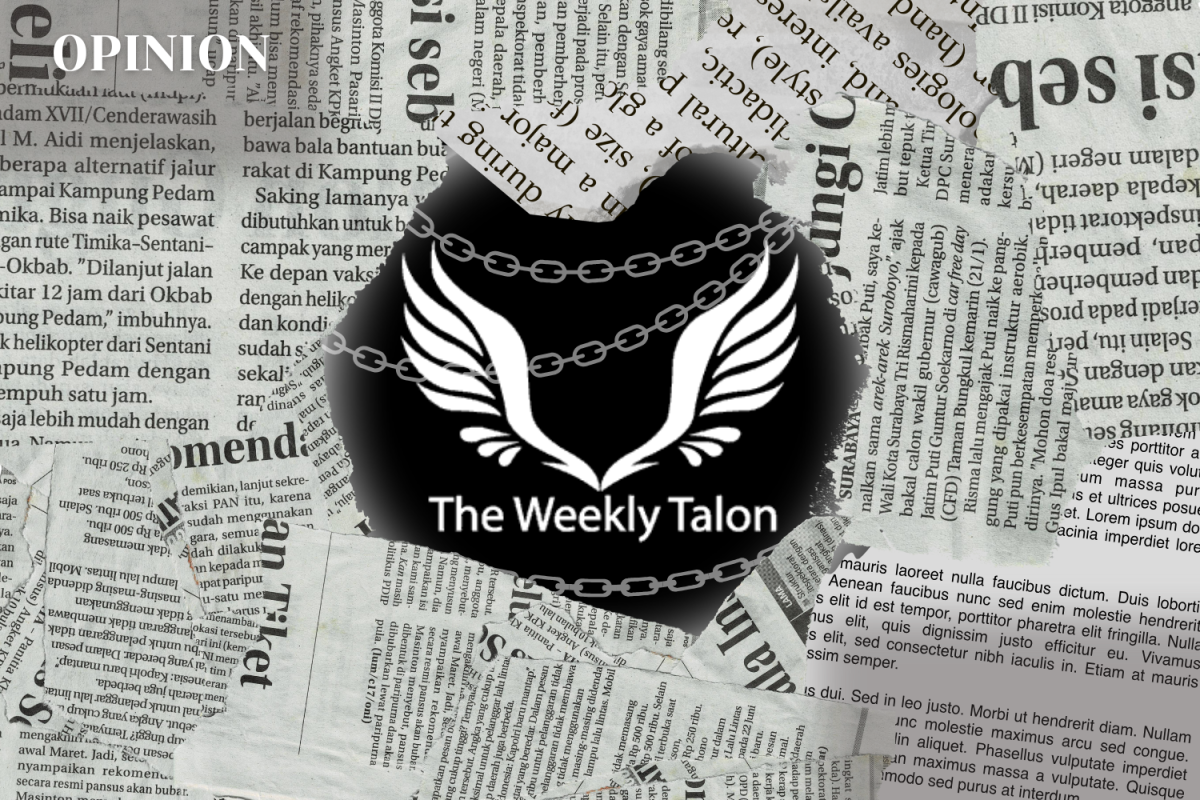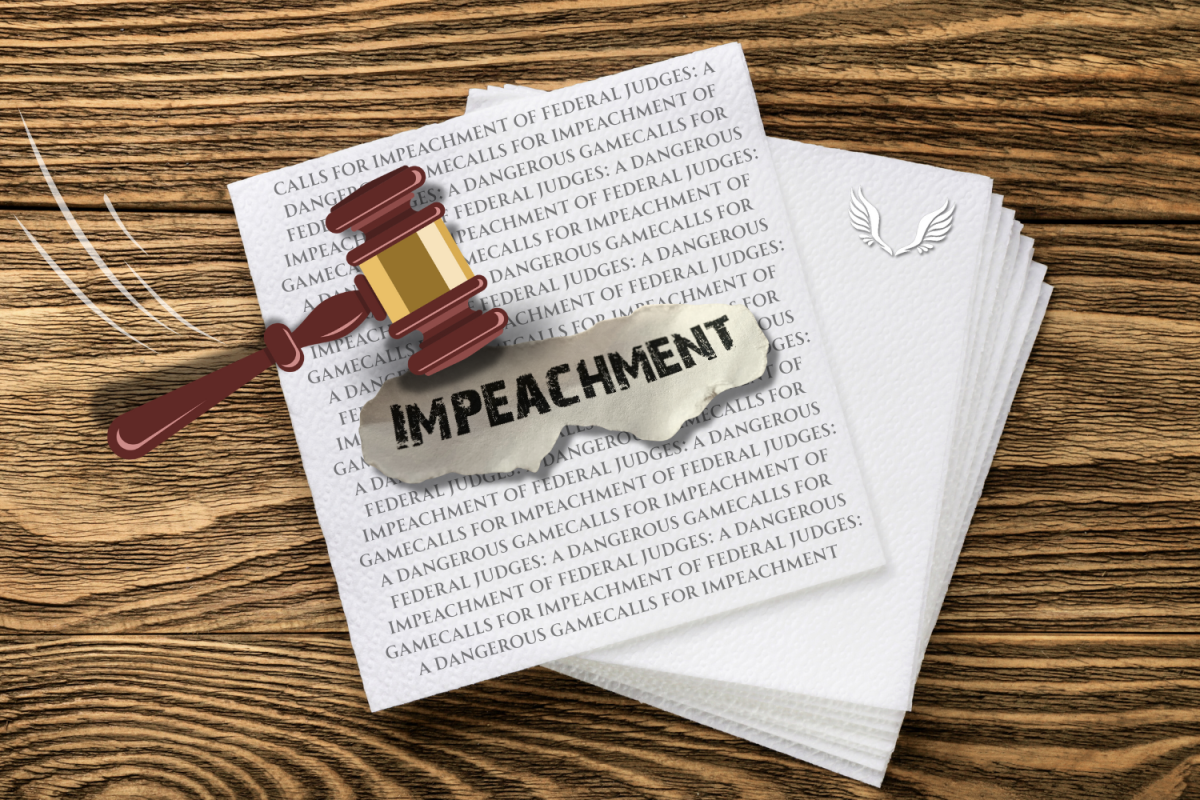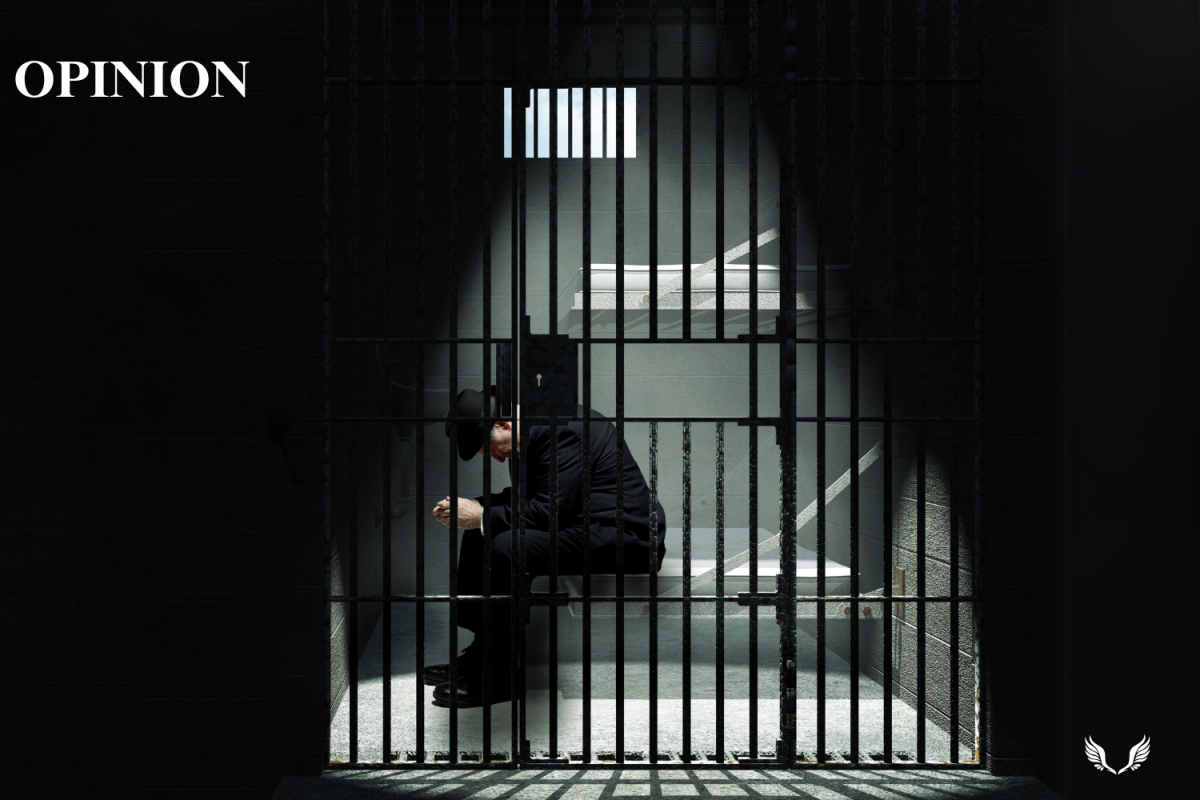On March 18, Republican-appointed Chief Justice Roberts released a statement rebuffing President Trump and the GOP’s widespread calls for impeachment against members of the federal judiciary. “For more than two centuries, it has been established that impeachment is not an appropriate response to disagreement concerning a judicial decision,” Roberts said. The Chief Justice’s view lies in the Impeachment Clause of the Constitution and reflects a long-standing view of our nation’s judiciary.
It is historically uncommon for any member of the Supreme Court to issue public remarks, suggesting that Roberts viewed the situation as highly significant. But it’s not Roberts’s first time quarreling with President Trump. In 2018, the Chief Justice famously stated, “We do not have Obama judges or Trump judges, Bush judges or Clinton judges,” after President Trump called a Ninth Circuit judge an “Obama judge.”
“What we have is an extraordinary group of dedicated judges doing their level best to do equal right to those appearing before them,” Roberts concluded. Despite his reputation as one of the conservative justices on the Supreme Court, Roberts has constantly praised the importance of an independent judiciary—one not bound by political strife or impeached for political purposes.
The Constitution states that civil officers of the United States should only be removed from office for “high crimes” or “misdemeanors.” These are not terms to take with a grain of salt. As such, it is disconcerting to hear that Representatives Andrew Clyde (R-GA) and Eli Crane (R-AZ) are planning to introduce articles of impeachment against District Judges McConnell Jr. (Rhode Island) and Engelmayer (New York) for simply disagreeing with the President of the United States.
On January 31, Judge McConnell issued a temporary restraining order against President Trump’s executive order freezing domestic federal spending. In a post on X, Representative Clyde announced his intention to draft articles of impeachment against the judge, stating, “We must end this abusive overreach.” If the Representative believes judicial review constitutes “abusive overreach,” he should take it up with the Marshall Supreme Court that established the principle in Marbury v. Madison over 200 years ago. Judge McConnell’s injunction did not frame him as the “partisan activist weaponizing our judicial system to stop President Trump” Clyde claims he is, but as someone who has read and understands Article 1 of the Constitution.
The Appropriations Clause (U.S. Constitution Article I, Section 9, Clause 7) and Taxing and Spending Clause (Article I, Section 8, Clause 1) reinforce the idea that Congress, not the President, determines federal spending levels. In an interview with ABC News, Michael Dorf, a constitutional law professor at Cornell University, explains that Congress, not the President, determines federal spending.
“If Congress says you’re spending that much money on the federal programs, that’s how much is being spent. The President cannot stop it even temporarily.” Even if the Supreme Court ultimately ruled that President Trump’s executive order was constitutional, Judge McConnell did not commit an act of treason by interpreting the law—he did his job.
Judge Engelmayer’s situation is similar. Engelmayer granted a temporary injunction against the Department of Government Efficiency’s access to the Treasury Department’s payment processing systems after 18 state attorneys general sought the injunction. Representative Crane has discussed drawing up articles of impeachment against Engelmayer for his ruling.
The constitutionality of DOGE’S access to Treasury Department payment processing systems is a less obvious question. While Judge Engelmayer and the attorneys general might argue a breach of the 4th Amendment or the Commerce Clause, both the Plaintiff and the Defendant have wiggle room. But even if Judge Engelmayer’s injunction against DOGE’s access was deemed the incorrect ruling, he did not commit any crime. Just as Judge McConnell’s ruling was grounded in constitutional principles, so too was Judge Engelmayer’s decision in this case. Comparing Engelmayer’s dissent to the President to treason or high crimes goes against fundamental American principles, and the slightest understanding of the judicial branch reveals this.
In American law, defendants and appellate courts can request or issue writs of certiorari. If granted, the case at hand will be heard again in a higher court. Typically, this occurs when the defendant or the appellate court believes there has been a miscarriage of justice.
“Depending on the verdict [of a case], and depending on if it gets appealed from the appeals court, the case goes to the Supreme Court,” says Zachary Wood, Davie High’s AP U.S. Government & Politics teacher.
Many landmark Supreme Court cases stem from situations where a lower court’s verdict directly conflicted with the Supreme Court’s. The appellate process is the backbone of our legal system—if there is a miscarriage of justice, it can be appealed. When a judge is wrong, that can be fixed without rendering the judge an enemy of the state. In this case, it’s unclear if Judge Engelmayer was even wrong.
Representatives Clyde and Crane aim to set a dangerous precedent that threatens the system of checks and balances and the separation of powers that has upheld American democracy since 1789. The Constitution clearly outlines that impeachment should only be carried out if the accused has committed treason, bribery, or high crimes. In American history, impeachment of judges has been an incredibly rare occurrence, with only a handful of federal judges ever being impeached, and none for simply disagreeing with the President’s policies. Treating judicial dissent from the executive as treason undermines American democracy by overconcentrating power in the executive and blatantly disregarding the First Amendment’s enumerated right to freedom of speech. Federal judges should keep the President in check, but the Representatives seem to believe judges should act as White House Counsel—at least when their party holds the presidency.
This is not a partisan issue. Regardless of the President in power, calls for impeachment for judicial review are disturbing and without regard for centuries of precedent. Whether a Democrat or Republican holds the presidency, the independence of the judiciary, the scope of impeachment, and the integrity of the Constitution must be maintained. Upholding these principles is fundamental to our democracy—no matter which party is in power. The typically conservative Chief Justice Roberts’s statement is an unfortunately uncommon reflection of these values.































































